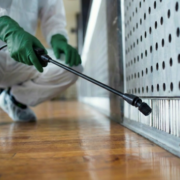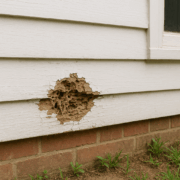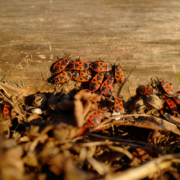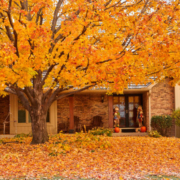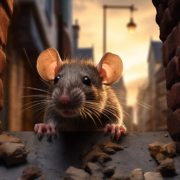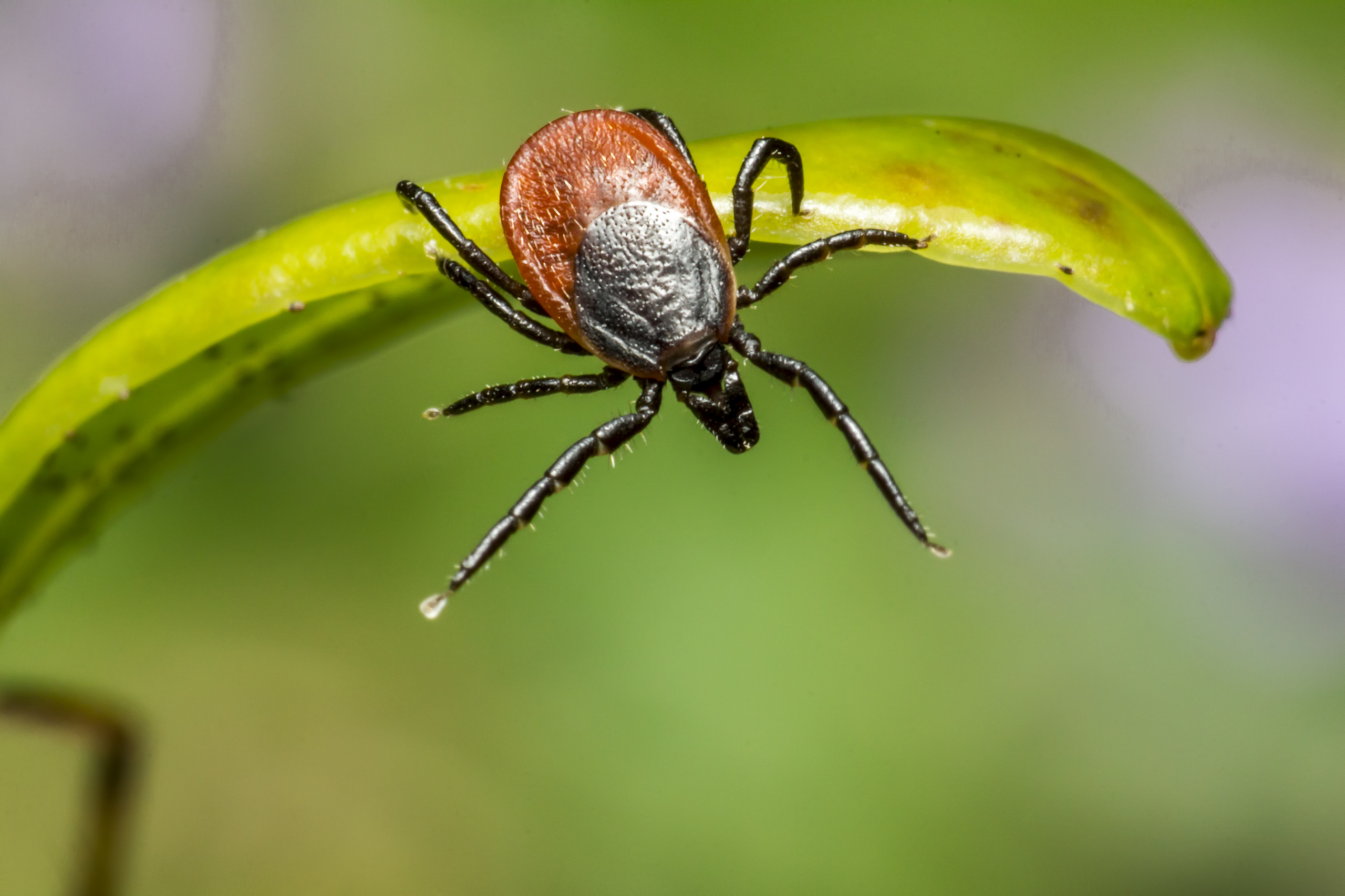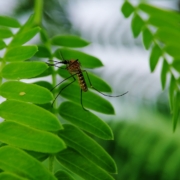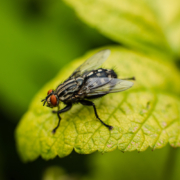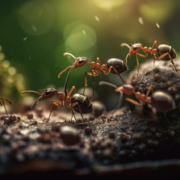Maintenance Cleanouts are Key to Pest Prevention
Effective pest control starts long before an infestation becomes visible. One of the most overlooked but critical components of pest prevention is routine maintenance cleanouts. These cleanouts remove the conditions that attract pests in the first place, making them a powerful tool in keeping homes and businesses protected year round.
At Lincoln Pest Control, maintenance cleanouts are an important part of a proactive approach to pest management. By addressing sanitation, debris, and hidden attractants, cleanouts help prevent pests from settling in and returning.
What Is a Maintenance Cleanout
A maintenance cleanout is a targeted cleanup designed to remove pest attractants and contamination from areas where pests commonly nest or travel. This often includes attics, basements, crawl spaces, garages, storage areas, and exterior perimeters.
Unlike standard pest treatments that focus on eliminating active pests, cleanouts focus on removing food sources, nesting materials, droppings, and clutter that allow pests to survive and reproduce. Without addressing these conditions, even the best treatments may only provide temporary relief.
Why Cleanouts Matter for Pest Prevention
Pests are driven by access to food, water, and shelter. When these needs are met, pests are far more likely to remain on a property. Maintenance cleanouts disrupt this cycle by eliminating the environments pests rely on.
Removing debris, old cardboard, damaged insulation, and organic buildup reduces hiding places and nesting opportunities. Proper sanitation also removes scent trails and residue that attract other pests to the same location. This makes the property less appealing and significantly lowers the risk of future infestations.
Health and Safety Benefits
Pest related debris is not just unsightly. Droppings, nesting materials, and contaminated surfaces can carry bacteria, allergens, and odors that impact indoor air quality and overall health. Maintenance cleanouts help restore affected areas and reduce exposure risks for occupants, employees, and customers.
Clean environments also make it easier to detect early warning signs of pest activity, allowing issues to be addressed before they escalate into larger problems.
Supporting Long Term Pest Control Success
Maintenance cleanouts improve the effectiveness of pest control services by creating a clean foundation for treatments. When attractants are removed, pests are less likely to return and treatments last longer. Cleanouts also allow technicians to identify entry points such as cracks, gaps, or moisture issues that may contribute to pest activity.
This proactive approach reduces the need for repeated reactive treatments and helps maintain consistent protection throughout the year.
A Proactive Approach to Protection
Preventing pests is always easier and more cost effective than dealing with an infestation after it has taken hold. Routine maintenance cleanouts play a key role in protecting properties by addressing the root causes of pest activity rather than just the symptoms.
By combining cleanouts with professional pest control services, property owners can create a safer, cleaner, and more pest resistant environment that stands the test of time.
Lincoln Pest and Property Solutions is a locally owned and operated business serving Rhode Island & Southeastern Massachusetts. As one of the leading pest control companies in RI, our mission for over 35 years has been simple: Provide innovative and effective pest control solutions for your home or business, while maintaining a safe environment. We use the latest in eco-friendly technology to keep your home or place of business safe and pest free.

